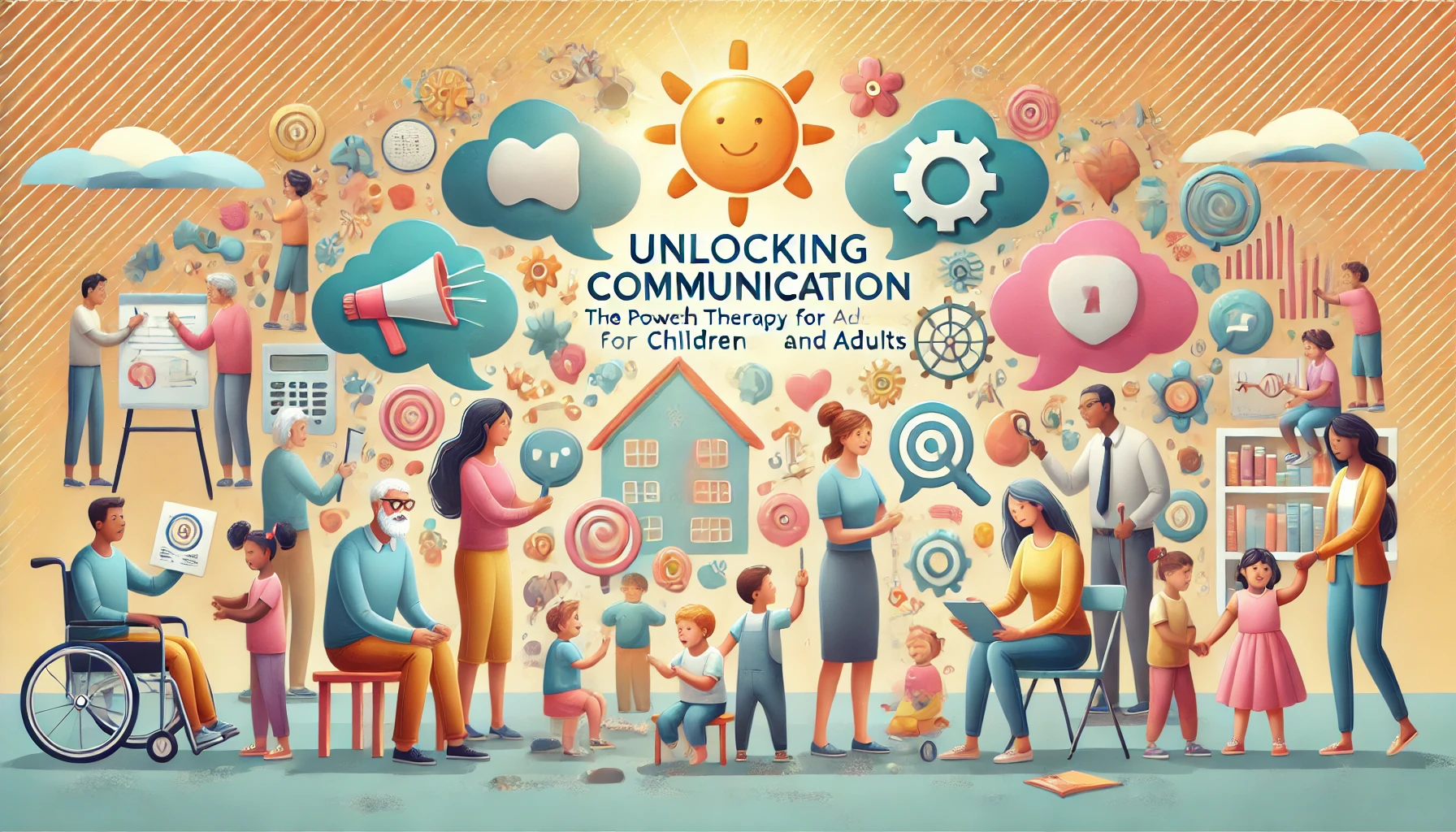Effective communication is essential in every aspect of life. For many, speech and language challenges can hinder social interactions, academic performance, and professional success. Speech therapy provides a pathway to overcome these obstacles, making it a valuable resource for individuals of all ages. This article explores the significance of speech therapy, its techniques, and its benefits for both children and adults.
Understanding Speech Therapy
Speech therapy, also known as speech-language therapy, is a clinical program designed to improve communication skills. This therapeutic approach addresses various speech and language disorders, including articulation issues, language delays, and fluency problems, such as stuttering.
Speech therapists, or speech-language pathologists (SLPs), are trained professionals who evaluate and treat these disorders. They employ various techniques tailored to individual needs. Their goal is to enhance communication abilities, allowing clients to express themselves effectively.
Importance of Speech Therapy for Children
Early intervention is crucial for children with speech and language delays. Research indicates that addressing these issues early can significantly improve long-term outcomes. Children who receive speech therapy often show enhanced vocabulary, better sentence structure, and improved social interactions.
Common issues addressed in pediatric speech therapy include:
- Articulation Disorders: Difficulty pronouncing sounds correctly.
- Language Delays: Challenges in understanding or using language appropriately.
- Fluency Disorders: Problems with the flow of speech, including stuttering.
- Voice Disorders: Issues with pitch, volume, or quality of voice.
For instance, a child with articulation disorders might struggle to say specific sounds, affecting their ability to be understood. Through targeted exercises, SLPs can help improve their speech clarity. Furthermore, language therapy can boost a child’s comprehension and expression skills, essential for academic success.
Benefits of Speech Therapy for Adults
Speech therapy is not just for children; adults can also benefit significantly. Many adults face communication challenges due to various factors, such as stroke, traumatic brain injury, or degenerative diseases like Parkinson’s. Speech therapy can help restore and enhance communication abilities, leading to improved quality of life.
Some common adult speech therapy needs include:
- Rehabilitating Speech after Injury: Recovering from strokes or brain injuries.
- Managing Speech Disorders: Addressing stuttering or dysarthria.
- Enhancing Voice Quality: Working on pitch and tone for clear communication.
For example, adults recovering from a stroke may experience difficulty in articulating words. An SLP can design a rehabilitation program that focuses on muscle control and coordination to aid in speech recovery. This therapy can help individuals regain confidence in their ability to communicate.
Innovative Techniques in Speech Therapy
SLPs employ a variety of techniques to enhance speech and language skills. These methods are adapted to the needs of each client. Some common approaches include:
- Articulation Therapy: Focused practice on specific sounds or sound patterns.
- Language Intervention: Engaging clients in activities that promote vocabulary and sentence structure.
- Fluency Therapy: Techniques to manage stuttering and improve speech flow.
- Oral Motor Therapy: Exercises to strengthen the muscles used in speech.
Recent advancements have also introduced technology into speech therapy. Applications and software designed for speech practice can complement traditional therapy. This integration allows for engaging and interactive learning experiences.
If you or someone you know is facing communication challenges, consider exploring speech therapy options. For more information and resources, visit TalkInc.
The Path Forward
Speech therapy is a powerful tool that can transform communication abilities for children and adults alike. By addressing specific speech and language challenges, individuals can unlock their potential for effective communication. Whether it’s through one-on-one sessions with a trained SLP or innovative technology, the journey to improved communication begins with taking that first step.



